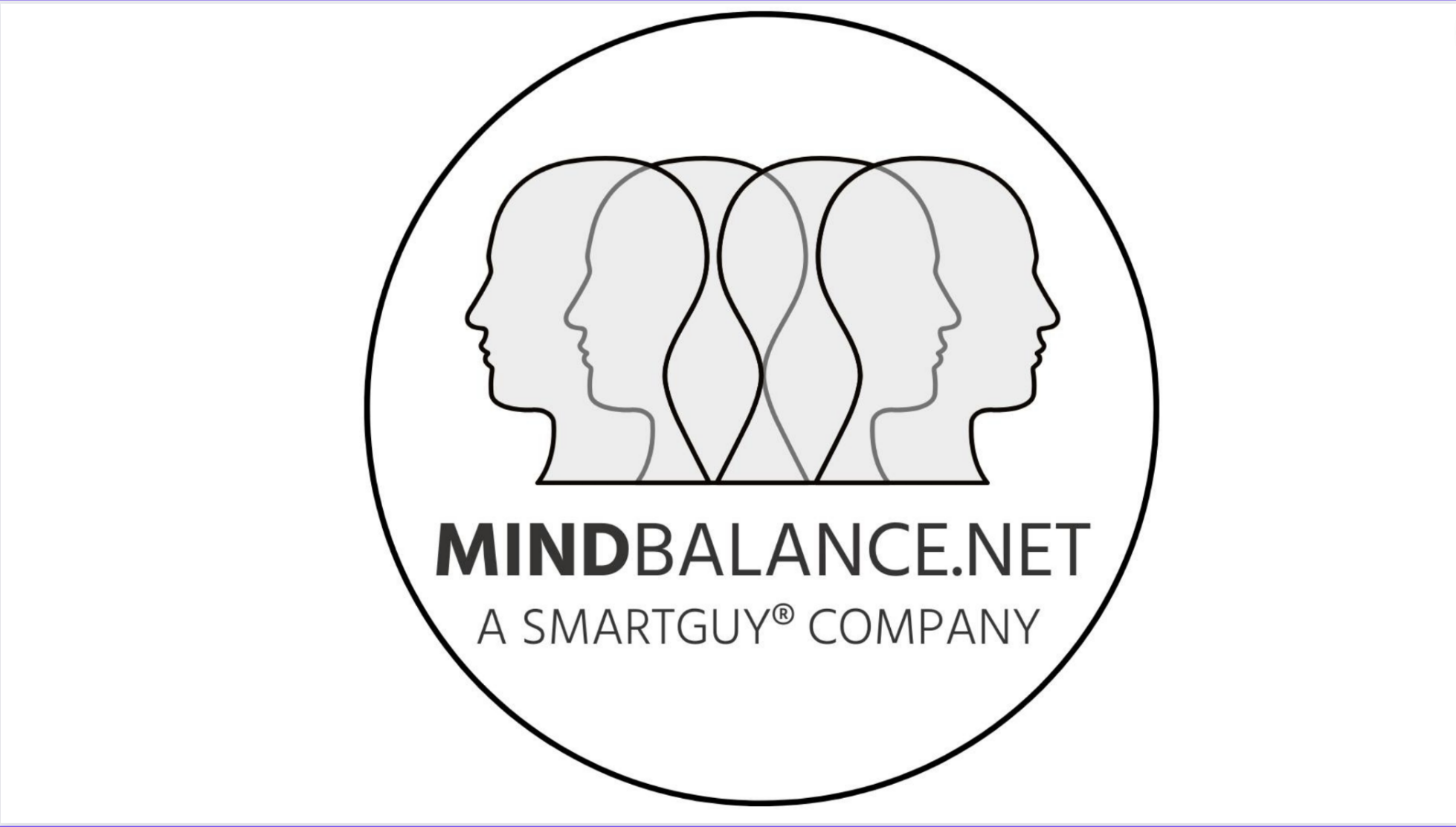Discovering Hinduism - A Deep Dive into Its Traditions Texts and Teachings
Hinduism, one of the world's oldest religions, originated in the Indian subcontinent over 4,000 years ago. It's a complex faith characterized by a vast array of gods and goddesses, yet united by the belief in a single divine reality (Brahman). Hinduism is not founded by a single prophet or on a specific set of teachings, making it a diverse and pluralistic tradition.
The core doctrines of Hinduism include Dharma (righteousness, ethics), Karma (action, intent, and consequences), Samsara (cycle of rebirth), and Moksha (liberation from the cycle of Samsara). The religion is based on a variety of sacred texts, the most prominent being the Vedas, Upanishads, Bhagavad Gita, Ramayana, and Mahabharata. These texts provide philosophical insights, narratives, and religious instructions.
Rituals and practices in Hinduism vary widely but often include prayer, meditation, yoga, and participation in religious festivals. These practices are intended to help individuals achieve a balanced life and spiritual enlightenment. Hindu ethics, influenced by concepts like Karma and Dharma, guide adherents toward living a life that contributes positively to their spiritual progress.
Hinduism is rich in symbols, such as the Om symbol, representing the ultimate reality, and the Swastika, symbolizing good fortune and well-being. Worship in Hinduism can be both communal and individual, with practices varying greatly among different communities and regions.
Significant Hindu festivals include Diwali (Festival of Lights), Holi (Festival of Colors), Navaratri, and many others, each with its own unique rituals and significance. Hinduism doesn't have a central religious authority, but priests and gurus play an important role in religious rituals and spiritual guidance.
Temples are the primary places of worship in Hinduism, serving as spiritual and community centers. Dietary practices among Hindus vary, with many adhering to vegetarianism, seen as a way of respecting all forms of life.
Beliefs about the afterlife in Hinduism are centered on the concept of reincarnation, with the ultimate goal being Moksha, the liberation from the cycle of rebirth. The caste system, although now much diminished and criticized, historically played a role in the social structure of Hindu societies.
Hinduism has profoundly influenced art, music, dance, and literature in India and other parts of Asia. It approaches gender roles and family life with a focus on duty and respect for traditional values, though interpretations and practices have evolved over time.
Conversion to Hinduism is less emphasized; the religion traditionally sees itself as a way of life rather than a convert-seeking faith. Hinduism's view on interfaith relations is typically inclusive and respectful of other religious paths.
Mystical and spiritual traditions within Hinduism, such as the various yogic practices, emphasize personal spiritual experience and a deep understanding of the universe's interconnectedness. Modern Hindu movements address contemporary issues and reinterpret ancient teachings to suit the modern world.
With its rich diversity and profound philosophical teachings, Hinduism continues to shape the lives of its adherents and contributes to the cultural and spiritual tapestry of the world.
Category: Mind Balance
Related Articles
- Mastering Your Mindset - A Comprehensive Guide to Improving Your Mental Well-being
- Cultivating Resilience and Mental Toughness - Keys to Thriving Amidst Lifes Challenges
- The Universal Appeal of The Book of Seven by J R Wexler - A Beacon of Harmony and Understanding
- Slow-Cooked Lamb Shanks with Rosemary and Garlic
- how to balance your mind and achieve greater happiness
- How to become more analytical
- Cultivating Key Skills to Overcome Anti-Semitism and Hate
- Bridging Beliefs - Finding Common Ground in Love and Respect
- Uniting in Universal Love - Embracing Commonalities Across Faiths
- Bridging Divides - Understanding Barriers to Unity and Happiness in World Religions
- The Vital Connection Between Mental Health and Sleep
- MindBalance not only helps individuals but couples stay together longer
- Understanding the Link Between Mental Health and Substance Abuse
- Mind Balance - for those who dare to redefine their limits
- Unlocking Happiness and Success- Effective Positive Thinking Techniques
- Jerusalem's Lesson - A Blueprint for Global Harmony Among Diverse Faiths
- A Tapestry of Faiths - Exploring the Common Threads in World Religions
- Stuffed Bell Peppers with Quinoa and Black Beans
- Interfaith Insights by 1WorldPeace - The Top 100 Universal Beliefs in Global Spirituality
- Overcoming Prejudice and Intolerance - Guidance from Global Faiths
Business News
Popular Posts
- Universal Pursuit of Happiness - Wisdom from World Religions
- Overcoming Ego and Self-Centeredness - Lessons from World Religions
- Transcending Materialism - Spiritual Practices from World Religions
- Overcoming Prejudice and Intolerance - Guidance from Global Faiths
- How Mind Balance Can Improve the Mindsets of Employees
- Interfaith Insights by 1WorldPeace - The Top 100 Universal Beliefs in Global Spirituality
- Bridging Beliefs - Finding Common Ground in Love and Respect
- The SmartGuy Vision - A United Future Through Interfaith Love and Respect
- A Cautionary Vision - The Grim Future of a Divided World Without Love and Balance
- A Tapestry of Faiths - Exploring the Common Threads in World Religions
- Fostering Harmony Among Christianity Islam Buddhism Hinduism and Judaism
- Preparing Kids for Adulthood - 15 Vital Skills They Wont Learn in School
- Navigating Diversity - Jerusalem's Tactical Approach to Interfaith Harmony
- Clearing Mental Plaque: The Path to Enhanced Communication and Divine Connection
- Why Return to Jesus Christ and the Church
- Top 50 Ways to Live Longer
- Adventurous Romance -The Key to Enhancing Relationship Chemistry
- Pork Tenderloin with Mustard Cream Sauce
- Navigating Technology and Media for Optimal Mental Well-Being
- Understanding the Link Between Mental Health and Substance Abuse
